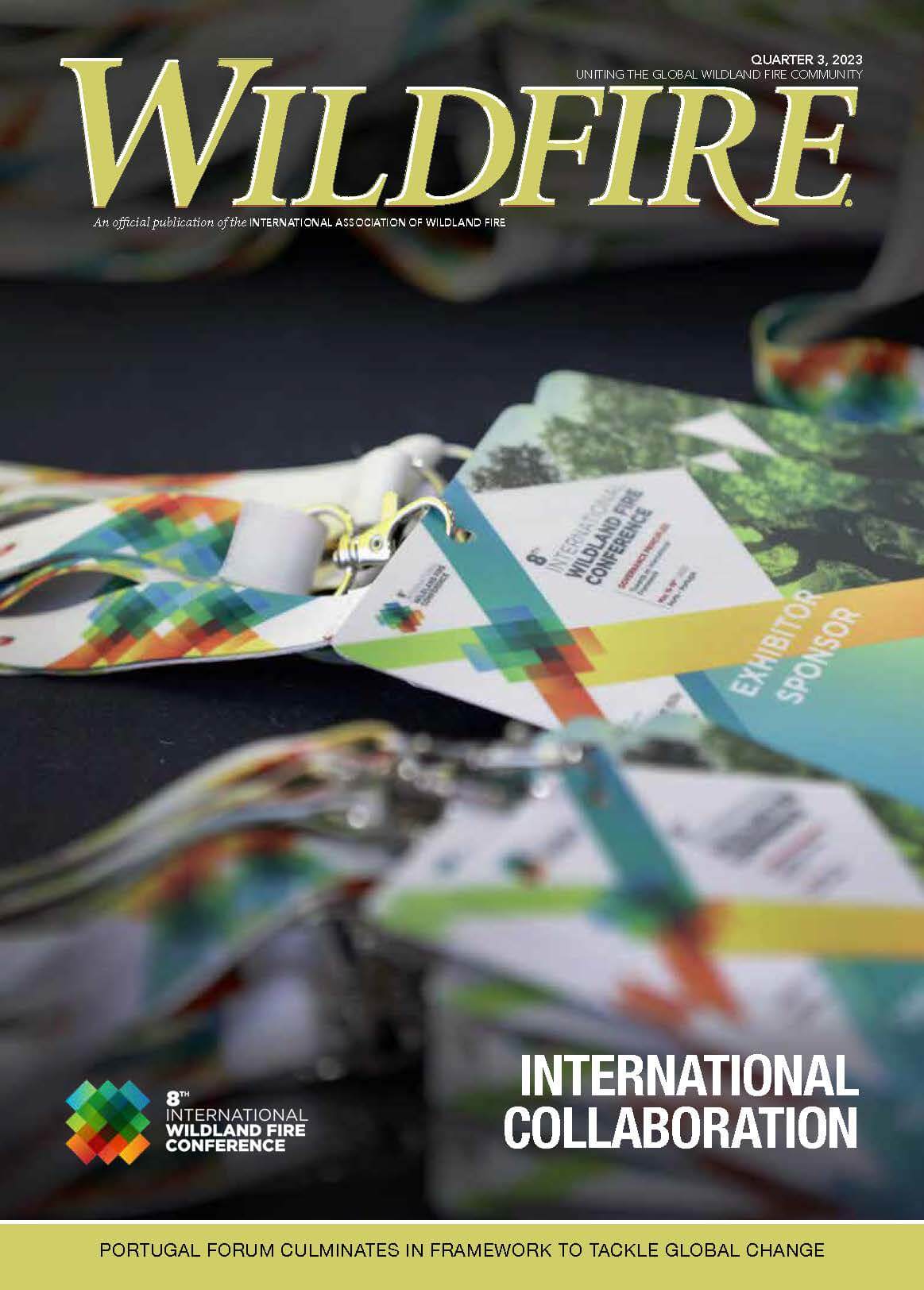Dr. Don McKenzie is the winner of the Outstanding Editor Award of the International Journal of Wildland Fire for 2015. Please join us in congratulating Don for his many years of excellent service to the journal as an author, a reviewer, and an Associate Editor.
Dr. McKenzie is a research ecologist with the US Forest Service, at the Pacific Northwest Research Station, and affiliate faculty at the School of Environmental and Forest Sciences, University of Washington. Since joining the Forest Service in 2002, he has led research in the landscape ecology of fire, focusing on the potential effects of climate change on fire regimes in mountain ecosystems, the changes in controls of spatial patterns of wildfire, and the effects of wildfire on future air quality in protected areas. He received a BA in anthropology and psychology from UC Berkeley, and an MS in forest biometrics and a PhD in ecology from the University of Washington.
Dr. McKenzie’s theoretical interests are in how processes interact across multiple spatial and temporal scales, and how fire and vegetation dynamics may be non-stationary in a rapidly changing climate. He has worked for over 10 years with watershed-scale fire histories, discovering quantitative scaling laws that reflect the relative strengths of endogenous and exogenous controls on fire regimes. At ecoregional scales, he studies changes in fire climatology and how they will affect fire-regime projections in the future. Specific interests are future spatial patterns of fire severity and how they will change vegetation patterns, and the consequences for air quality, particularly in mountain protected areas, in which the most degraded visibility is almost associated with wildfires upwind. His research focuses on the American West.
As faculty at the University of Washington, Dr. McKenzie has graduated three PhD and three MS students, while serving on committees for many others. His students’ diverse topics include wildfire and succession in alpine treeline ecotones, modelling and projecting current and future megafires, projecting regional carbon dynamics under changing fire regimes, spatial controls on historical low-severity fire regimes, and meta-analysis of the effects of prescribed fire on wildland fuels.
Dr. McKenzie is the lead author of The Landscape Ecology of Fire, published in the Springer Ecological Studies series in 2011. He has authored or co-authored over 80 peer-reviewed publications, and is currently working on a general-audience book about the effects of climate change on mountains in the American West. He has been honored twice for “outstanding landscape ecology paper of the year” by the US division of the International Association for Landscape Ecology (US-IALE), and received the US Forest Service Chief’s Award for Wilderness Stewardship Science in 2012. He was invited as a sabbatical visitor to the Santa Fe Institute in 2014, and over the past 15 years has been an invited speaker at conferences in Europe, South America, and Australia on the topic of wildfire and climate change.
We are pleased to add the 2015 IJWF Outstanding Editor Award to his list of achievements, we wish him all the very best, and we most sincerely thank him for his exceptional service to International Journal of Wildland Fire.
+
The current issue of the International Journal of Wildland Fire, Volume 25(3) 2016, features a “Special Issue: Predicting Post-wildfire Runoff and Erosion Response.” Visit the journal at http://www.publish.csiro.au/nid/114.htm. Membership benefits for the International Association of Wildland Fire include access to the journal and its archives, via http://www.iawfonline.org.
